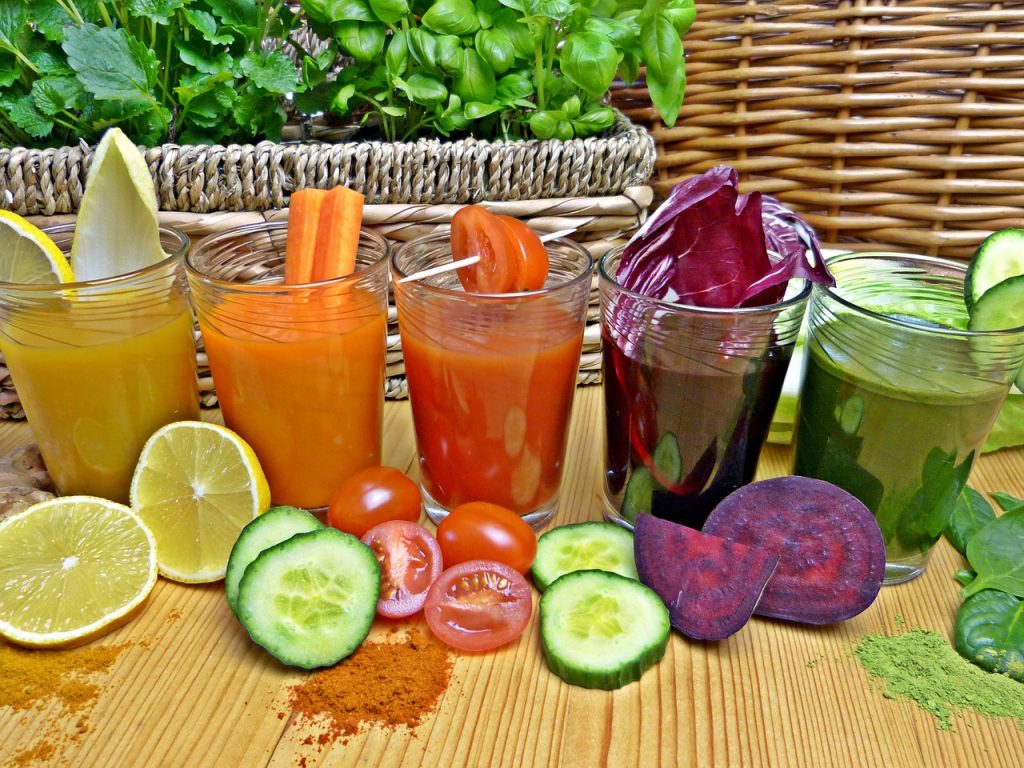The healthiness of vegetables and fruits is partly due to their flavonoid content, thus flavonoids are getting special attention. Their general antiviral activity (eg. anti-influenza properties) has been demonstrated, and based on previous experiments with coronaviruses that appeared in 2003 and 2012, they may will have an important role in the fight against COVID-19 due to their anti-coronaviral activity.
The new type of coronavirus that causes COVID-19 is also called SARS-CoV-2. There are several viral proteins in this virus that drug researchers are targeting and trying to inhibit their function - albeit with only mixed success so far. Such target is e.g. spike protein, which sticks the virus to the human cell and helps it get inside the cell. Another target is the viral protein cleavage enzyme pool (e.g., 3CL protease), which is required for the virus to multiply after entering the cell.
List of flavonoids acting on coronaviruses
In the following, we present flavonoids that are likely to be involved in both the prevention and alleviation of the symptoms of COVID-19 disease, as scientific studies suggest.
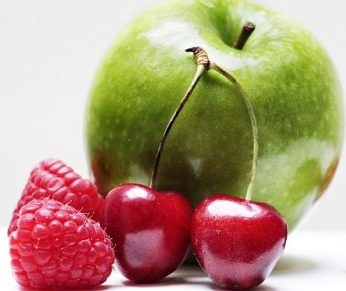
QUERCETIN effectively inhibited a protein cleavage enzyme called 3CL protease, isolated from the 2003 SARS and the 2012 MERS coronaviruses. Based on this, a simulation model was able to predict that 3CL of the current, COVID-19 pandemic causing coronavirus, is also blocked by quercetin, thus it can slow down the formation of new viral bodies. Further observations suggest that quercetin and vitamin C combination supports the body in both prevention and treatment. Interestingly, the beneficial effects of both vitamin C and flavonoids were discovered by the Hungarian Nobel Laureate Albert Szent-Györgyi and his colleagues. Examples of quercetin sources are apples, onions, cherries, raspberries.
MYRICETIN has been shown to be effective against several virus strains, so it is no wonder that it has also come under scrutiny for the coronavirus. Using molecular docking techniques, it has been found that it can inhibit the entry of coronavirus into cells. Myricetin binds to the ACE-2 receptor, which is the door to the virus on human cells. Thus, in the presence of myricetin, the virus will actually bounce off the cell, making the infection less effective. Taking myricetin may still be beneficial after the infection: as it has been reported, it might alleviate the cytokine storm resulting from immune dysfunction against COVID-19. Among other foods, myricetin is present in blueberries, strawberries, red peppers, tomatoes.
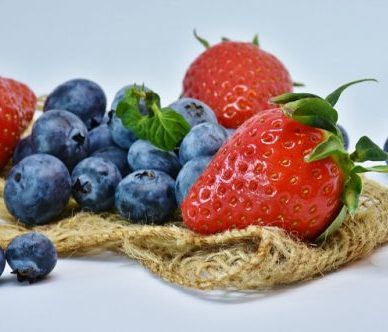

KAEMPFEROL. Due to its role against viral infections of the upper respiratory tract, this flavonoid has long been studied. Based on the findings against influenza virus, it can be effective even alone. However, when combined with quercetin and the antioxidant resveratrol (see next paragraph), the anti-influenza effect was multiplied. In silico (computer-assisted) molecular docking identified kaempferol and kaempferol-glycosides as potential inhibitors of the novel type of SARS coronavirus. Based on preliminary results, kaempferol binds the 3CL protein-cleaving enzyme of coronavirus and may reduce the proper binding of the virus to the surface of human cells (by interfering with the binding of spike protein and the ACE-2 receptor). Moreover, kaempferol is capable to trigger anti-inflammatory responses. You can find this flavonoid e.g., in cucumbers, raspberries, ginger.
RESVERATROL is a non-flavonoid type polyphenol, and also the active ingredient that makes 1 glass of red wine a day to be considered healthy. Resveratrol prevents the virus from entering the cell by being wedged between the spike protein and the ACE-2 receptor. Due to its anti-inflammatory effect, it can possibly alleviate the complications of viral infections, including heart failure caused by pulmonary embolism and various nerve damages. Resveratrol is protecting the cardiovascular system, therefore might reduce the risk factor for COVID-19 as well. It is found in for instance in red grape skin, cranberries, peanuts.
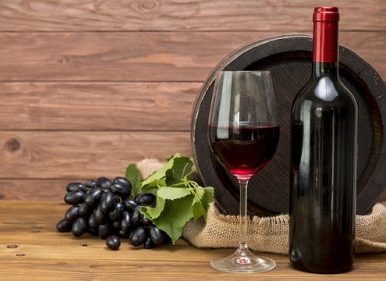
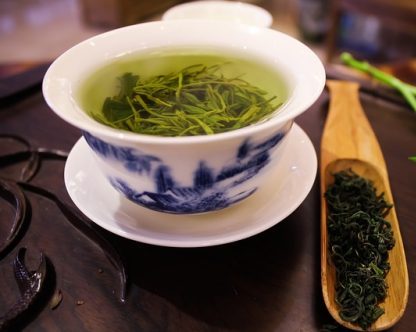
LUTEOLIN, according to computer simulation calculations, binds to the viral 3CL protease better than Remdesivir and worse than Ribavirin, which is still a significant result as it can potentially inhibit the virus. In addition, it binds to spike protein with high affinity, which reduces the infectivity of the virus. Luteolin can also have a good effect on the regulation of inflammatory factors. Due to this, and to its antioxidant effect, it protects mainly the central nervous system from complications of the disease. Examples for its source include celery, broccoli, paprika and beets.

The above list provides a brief insight into the research phase of anti-coronavirus flavonoids. Currently, there is very little information in the scientific literature that reports solid results, but it is already clear that viruses like the present coronavirus might have decreased infectivity and reduced multiplication rate, when flavonoids are apllied, saving time for our immune system and for health care workers. It is certain that a number of further researches will emerge in the near future, and they are expected to further strengthen confidence in flavonoids.
Scientific literature
Scientific articles related to COVID-19 are all freely available, as journals contribute this way to the faster dissemination of information. Thus anyone, who is interested in the deeper scientific details can search for it. The list below is a collection of studies from which the above information was collected.
- Roles of flavonoids against coronavirus infection
- Quercetin and Vitamin C: An Experimental, Synergistic Therapy for the Prevention and Treatment of SARS-CoV-2 Related Disease (COVID-19)
- Potential of Flavonoid-Inspired Phytomedicines against COVID-19
- Cell Clearing Systems as Targets of Polyphenols in Viral Infections: Potential Implications for COVID-19 Pathogenesis
- Screening of plant-based natural compounds as a potential COVID-19 main protease inhibitor
- Antiviral activity of green tea and black tea polyphenols in prophylaxis and treatment of COVID-19
- Computational screening of antagonists against the SARS-CoV-2 (COVID-19) coronavirus.
Flavonoids can be effective against other viruses as well. Click on the next post, if you want to know more:
ALOE VERA: protection against influenza and beautiful skin in one

